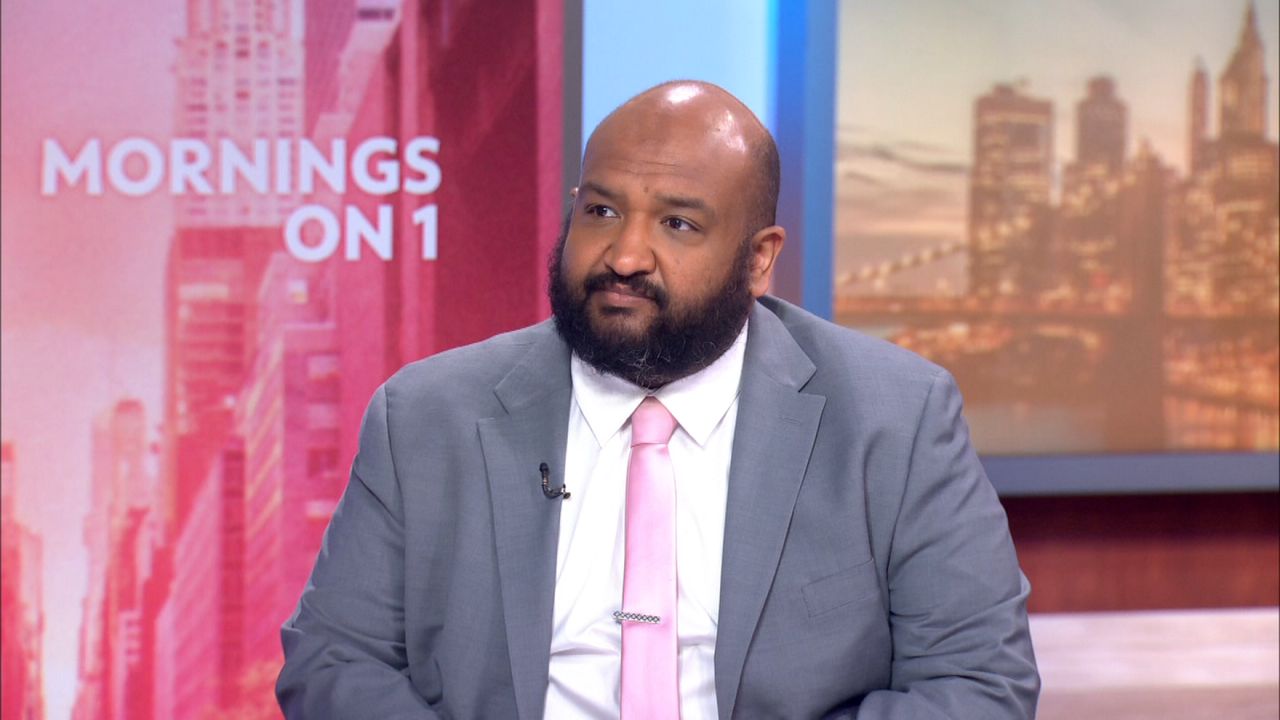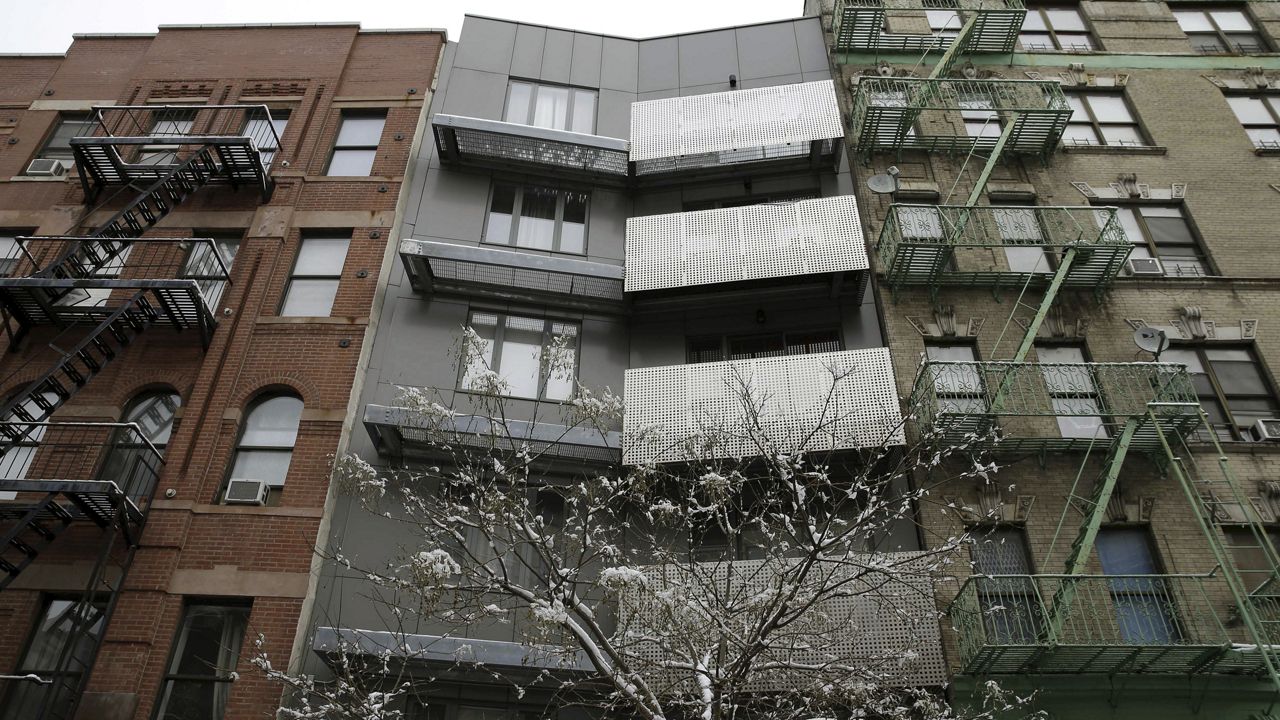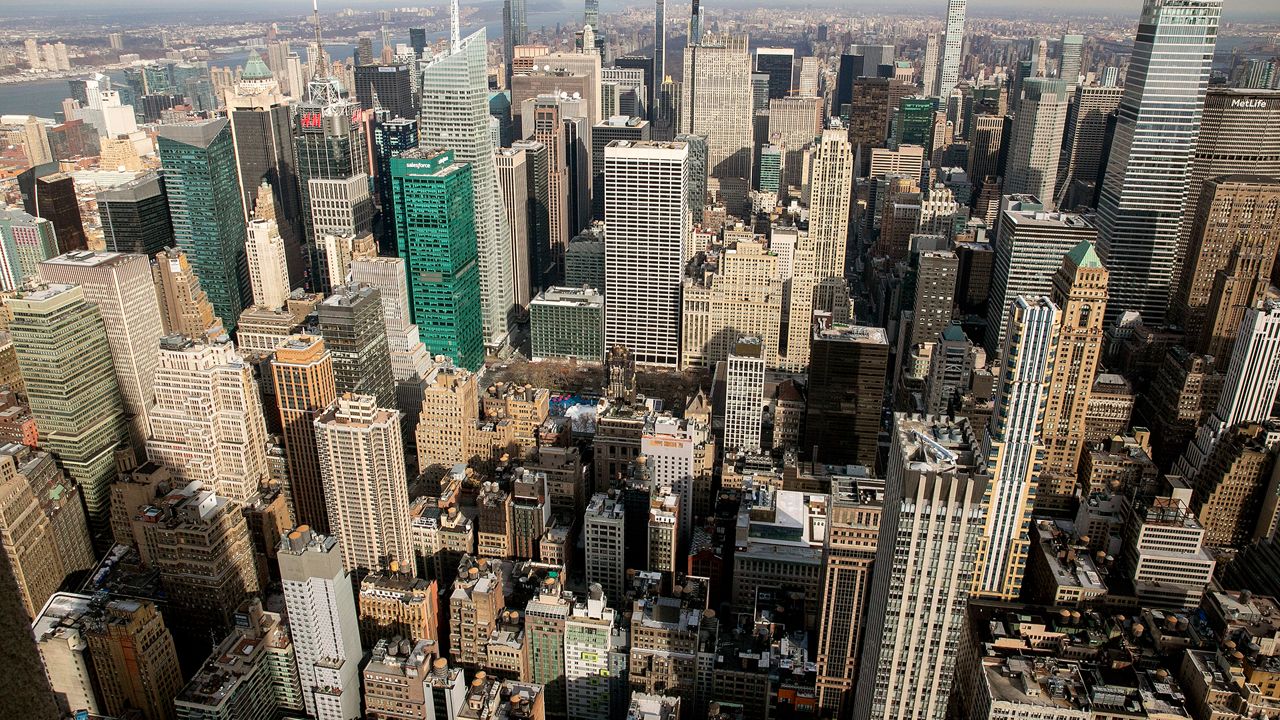A typical single-family home in the city consumes an average of 70,000 gallons of water per year.
According to the Department of Environmental Protection, that adds up to just under $1,100 in water and sewer bills yearly. But if a proposed 8.5% increase is approved, that bill could increase by a little under $100 annually.
Aside from normal inflation and other related price increases, the biggest reason for the hike is due to what is called a “rental payment.”
Mayor Eric Adams and his administration have the right to request rent for use of the city’s water system by the New York City Water Board.
The Water Board leases the water and sewer systems from the city. It sets water charges and uses the revenue to fund the systems, which are managed by DEP.
The city has request more than $1.3 billion worth of rental payments to be paid by the Water Board to the city from 2024 to 2028. DEP has proposed the Water Board raise rates as early as July to help generate the requested rent.
At budget hearings last week, the proposal was criticized as a hidden tax.
“The return of this payment will require the water system to divert funds from its own operations and debt service to pay the city for things completely unrelated to the delivery of clean water,” explained City Councilmember Justin Brannan.
The potential 8.5% increase would be the largest increase in nearly 15 years. Rental payments from the Water Board to the city were suspended during the de Blasio administration, but the Adams administration is now reviving them.
Property owners in the city said it’s just another rising bill they have to deal with.
“We're just the working class that everyone takes our money from,” Staten Island homeowner Anthony Scotto said.
While most renters are not responsible for water payments, landlords say this cost could eventually be passed down to their tenants.
“The bills are already high,” Orlando Pavich said. “We are going to have to raise the rents, and I feel bad, but it is what it is.”
The Water Board has to vote on the potential increases by the end of next month, but is hosting public hearings ahead of that vote.
According to the city, water delinquents who do not pay their water bills are partially to blame for the needed rate increase.
In a statement, a City Hall spokesperson said, in part, “New York City continues to keep water rates low, with New Yorkers paying less than the average American living in a large metro area for exceptional water quality and delivery.”









_PKG_Hudson_Yards_Zoning_Hearing_CG)